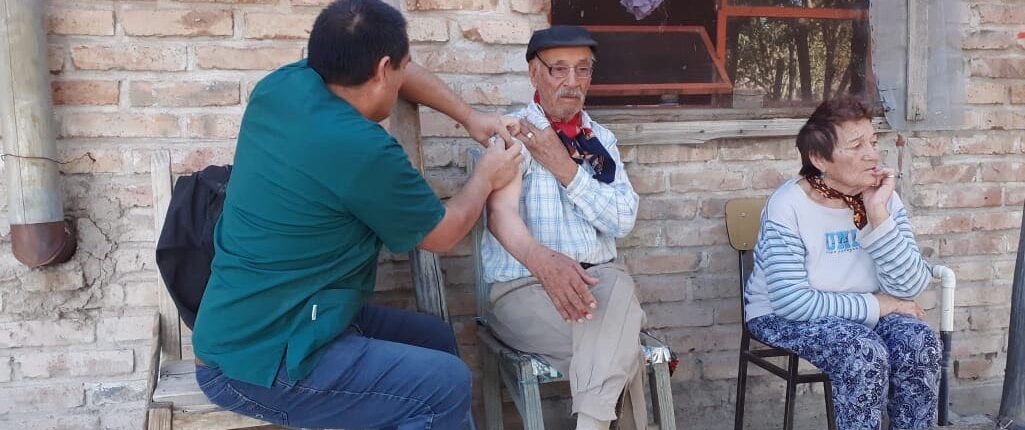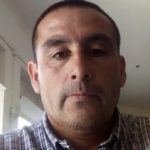A little over a year ago, there was no Internet or mobile connection in my isolated town of El Cuy, population 540.
After several unsuccessful attempts by the provincial government to bring in satellite Internet – which was of very poor quality, at very high costs – our people began to demand an Internet for all.
After a newspaper article exposed our lack of connectivity, the Internet Society offered to help us set up a community network. There was a fiber-optic cable passing through a village just 50 kilometers away, which also had a tower with an Internet signal. So, a group of residents volunteered to dig the trenches for the anchors and lay the concrete. The Internet Society financed all the material and provided the technical expertise. After making a connection between two antennas, we managed to bring community Internet to El Cuy.
Our network has been up and running since February 2019, reaching almost 400 residents in El Cuy and another 100 in the nearby town of Cerro Policía. This has been spectacular in so many ways!
Our community has at least 200 people over the age of 60, all retired. Before the Internet, their medical prescriptions under the Comprehensive Medical Care Program (PAMI), which is a social program for retirees and pensioners, were handled manually. People had to get a prescription from their doctor, then travel 130 kilometers to the nearest city, General Roca, to get the prescription approved. That trip costs around $2,000–3,000 Argentine pesos ($30–46 US dollars), just in fuel. It was a cumbersome process that made no sense.
Now we avoid this trip, since the PAMI is digitalized. We also avoid traveling for banking, government paperwork, or livestock transfer permits, which can be done online.
Given the COVID-19 quarantine measures – and the fact that there are cases of coronavirus in General Roca, but not yet in El Cuy – avoiding those trips is now more important than ever.
During the pandemic, the Internet has been essential for communication. We [health professionals] are closely following how many cases there are in the province and in Buenos Aires, and what measures to take. Following this virtually gives us many advantages … to prepare for what’s coming and avoid making the same mistakes as elsewhere. Before, we would only have found out about COVID-19 on TV or via landline calls.
Being able to access information and do online training has allowed me to provide a better quality of service. We can also keep the health system updated, with more efficient administration and accounting.
The network also has been important for the police, who previously only had a radio. And at least 11 residents are pursuing distance university studies thanks to the Internet. During quarantine, high schools are also sending online assignments.
Having Internet access has definitely helped the local economy. People can look for jobs online. Our main industry is livestock, mostly sheep and cows. Our farmers can access virtual livestock training. Connectivity has also allowed ranchers to track meat or wool market prices, learn about state support programs, and access weather information.
I remember one day a gaucho [rancher] came to town to go online to check the weather forecast before shearing his sheep. He found out a snowfall was expected, in the middle of summer! So, he had to suspend everything. A lot of animals would have died, had he done the shearing that day.
You have no idea what it means for us to have Internet here. And it’s all free. We cover any expenses that arise through community activities, like raffles and bake sales.
Today we have a 10 megabits per second (Mbps) connection, but we share it with Cerro Policía, which also has 400 inhabitants. That was too little before the pandemic, and traffic has spiked since, so we have to take turns connecting, and there are times when it is just too saturated. It would be very useful if we could get more capacity – something we are requesting through the local Development Commission Secretary. In the meantime, we’re making the most of what we have.
For me, one of the most valuable things about this experience is that we realized that we could accomplish things and organize our community around a common good. That is worth gold.
Access to the Internet has never been more important. We will be featuring the work of communities around the world to keep the Internet open and globally connected. It has no borders.

